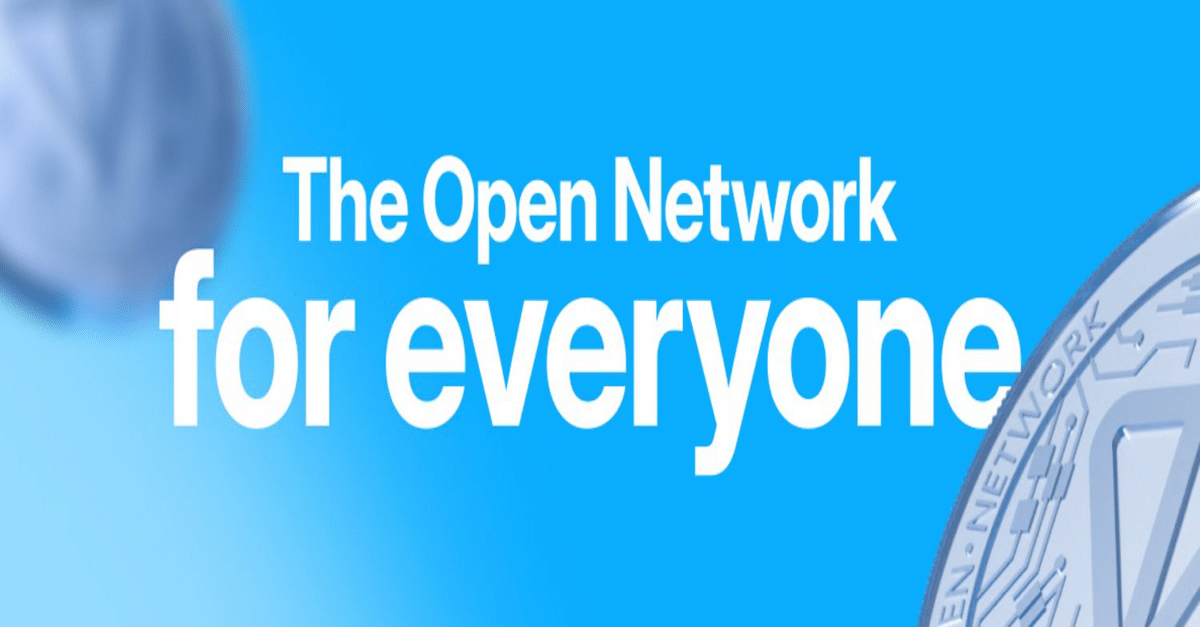What Gen Z Thinks About Bitcoin


One of us is from Kentucky and the other is from China. We both attend the University of Washington and Lee University in Virginia. Last summer, we helped Professor Seth Cantey, who is also a co-author of this article, conduct research on the role of Bitcoin and Tether in Lebanon. To help with that, we first had to learn a lot. What is Bitcoin and what problem does it aim to solve? How is it used in Lebanon? Can Bitcoin adoption alleviate the economic crisis? For two months we wrestled with these questions.
But another question also came up. What do our generation, Generation Z, think about Bitcoin?
Generation Z, the demographic cohort following Millennials, includes those born between the mid-1990s and early 2010s. Basically, we are digital natives in our teens and twenties. We are already entering adulthood, taking on an increasing share of the workforce and contributing to the global economy. We’re not Blackrock, but whether and how Bitcoin is adopted will be important for the currency and network in the long term. So we decided to ask our colleagues what they thought about this technology. And we have our own thoughts.
Our survey was brief and non-scientific, but we found it useful anecdotally. We asked dozens of our colleagues in the United States and China two open-ended questions. 1) What do you understand about Bitcoin? 2) How often do you encounter it? We were particularly interested in whether the answers to these questions varied across regions, as the United States and China have fundamentally different policies toward Bitcoin and cryptocurrencies.
My colleagues’ reactions were similar in some ways and different in others. Generation Z in both countries primarily sees Bitcoin as an investment option. In the United States, they tend to be viewed as speculative investments, but they are gaining more and more attention and are increasingly becoming a more important part of investors’ strategies. They also believe that smart investors will not allocate a significant portion of their portfolio to Bitcoin. This is understood as “high risk, high reward.” China’s Generation Z similarly views Bitcoin as a speculative investment, but they tend to be more cautious. In China, Bitcoin brings to mind gambling, cheating, crime, and all other activities with potentially serious consequences. The Chinese government has made it clear to its citizens that Bitcoin is not backed by the state, creating a perception that it lacks guaranteed value.
When asked if and how they discovered Bitcoin in their daily lives, American Gen Zers describe Bitcoin’s presence as a peripheral device. They’ve seen Bitcoin ATMs at gas stations, CoinStar machines when purchasing groceries, and payment options at certain online stores. Some restaurants even have QR codes. In other words, they know Bitcoin is out there, but it still feels like it’s new. On the other hand, Chinese people rarely encounter Bitcoin in their daily lives. China’s decision to ban Bitcoin mining in 2021 has left most people with the perception that mining is prohibited. Although China has never explicitly banned holding Bitcoin or other cryptocurrencies, trading them is illegal, and China has warned banks and other financial institutions against providing cryptocurrency services.
Although our colleagues may not be a representative sample of Gen Z, their views are meaningful to us because they are similar to what we thought before working on this topic over the summer.
But that thought has changed. After learning about Bitcoin for several months, we now recognize it as more than an investment option. In Lebanon, where banking and financial systems have collapsed, Bitcoin serves as a savings tool and hedge against inflation. In Russia, it has become a lifeline for dissidents whose bank accounts have been frozen. In Nigeria, it is a money transfer method that has the potential to put companies like Western Union out of business. Refugees fleeing Ukraine used them to transport wealth in hardware wallets or in their heads. El Salvador has made itself the center of a campaign to attract high-tech entrepreneurs and tourism. The list goes on.
More broadly, Bitcoin appears to be a way to level the playing field in the international monetary sphere. I doubt this will ever completely replace fiat currency, as governments always want the ability to control their money. However, it seems plausible that Bitcoin could act as a check on fiat currencies. Especially with the inflation we’ve seen in recent years. If we could do that with just Bitcoin, it would be a meaningful contribution to the world. But it does much more.
What we learned from our peers is that Bitcoin is misunderstood across multiple generations, not just boomers. We are still early. Having grown up with the internet, we think Gen Z will catch on to Bitcoin faster than other generations, but that hasn’t happened yet. To date, it is not widely taught in universities, and colleagues continue to regard it as mostly speculation. We think that will change in the coming years. We’ve found that when people go down the Bitcoin rabbit hole, they tend to like what they see.
This is a guest post by Seth Cantey, Jack Evans, and Anonymous. The opinions expressed are solely personal and do not necessarily reflect the opinions of BTC Inc or Bitcoin Magazine.


